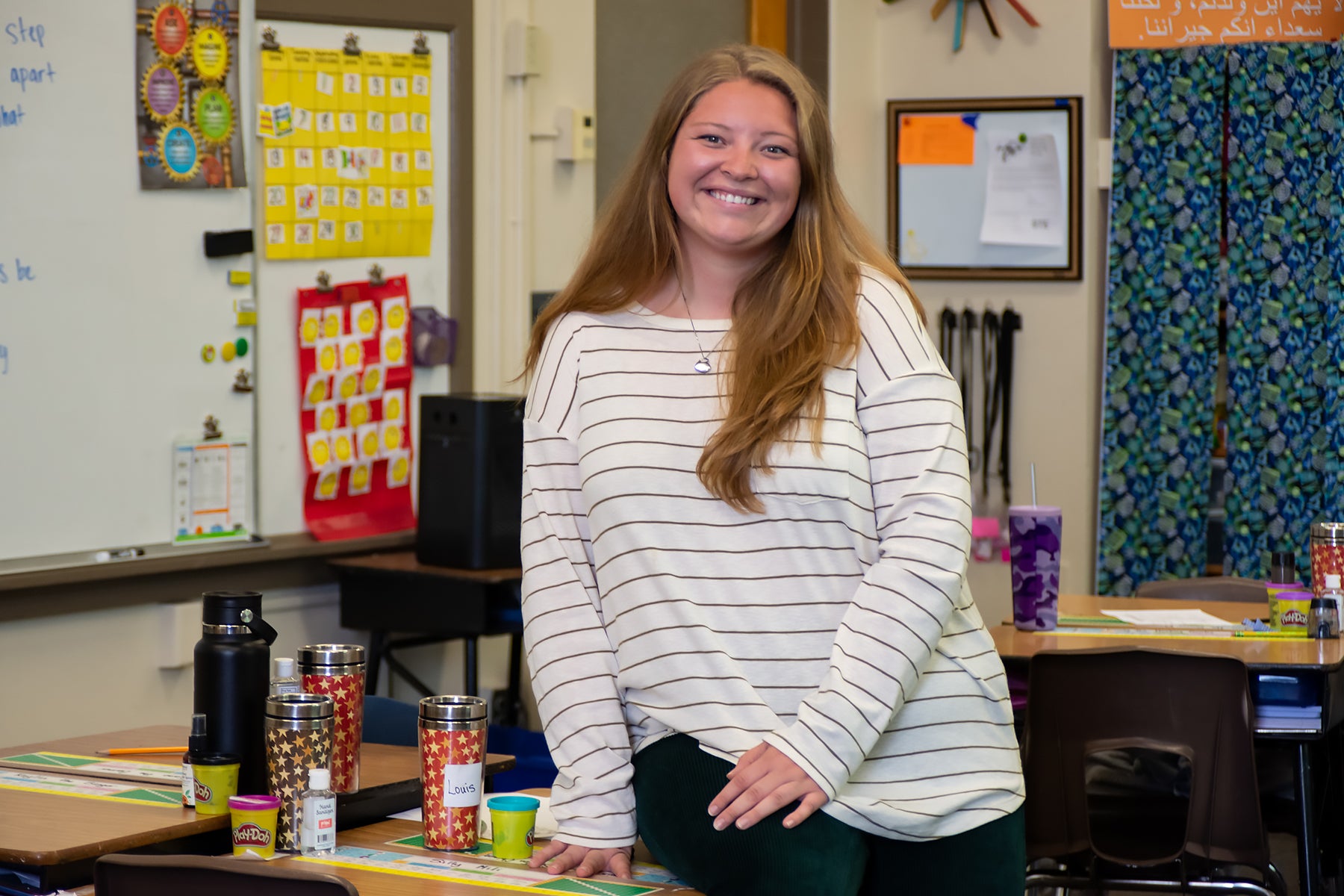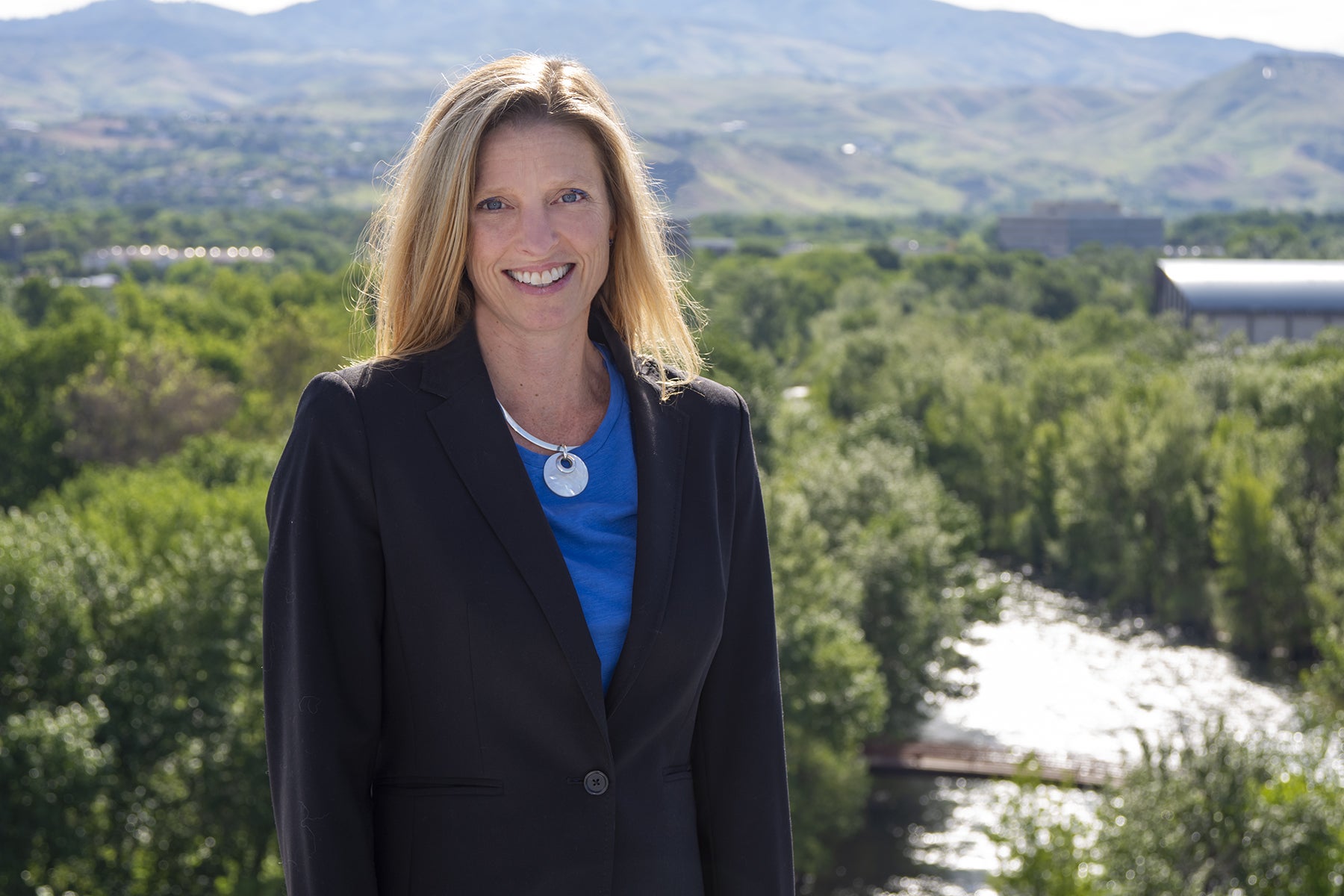
School districts across Idaho are experiencing teacher and personnel shortages due to pandemic-related absences. In addition to the shortages, districts are facing a lack of substitute teachers who are able to cover these personnel absences and have called on stakeholders around the state for help. Those stakeholders are facing their own kinds of crisis standards of care resource management decisions.
To address these needs, Boise State’s College of Education is working with school districts to leverage the benefits of teacher candidates to support shortages while maintaining high quality field experiences and mentoring.
Teacher candidates like Boise State student Jenna Urquidez – majoring in elementary education and teaching English to speakers of other languages/English as a new language major – typically complete over 900 hours in the field during their final year in the program. A PK-12 mentor teacher and a Boise State faculty liaison supervise students like Urquidez during their clinical field placements and support their progress in the program. Uriquidez is completing her student teaching semester in teacher Sonia Galaviz’s fourth and fifth-grade combination class at Garfield Elementary School in Boise.
The college supports schools by redefining how clinical field placement meet the necessary requirements, thus freeing mentor teachers to cover teacher absences in other classrooms. Intern and student teachers are also helping fill other vacancies that schools are not able to cover through substitutes.

Interim Dean Jennifer Snow says the college recognizes the critical importance of supporting partner school districts.
“We have heard from our partner schools about their great need to fill vacancies on a daily basis. We recognize our candidates have a lot to offer our school and community partners by balancing coverage of their own classrooms and other needs in our partner schools,” Snow said. “We are working to be team players in ensuring our candidates are prepared to enter and remain in the profession while also meeting critical needs in our communities.”
Through these flexible and innovative solutions, the College of Education is responding in real-time to support Idaho’s schools and districts. The college is considering other calls to action like recruiting students from non-teacher certification programs, and engaging in conversations with other colleges of education across Idaho about how to best support the state’s rural districts.
“Education is a shared enterprise, and we’ll come out stronger as we all work together,” Snow said.